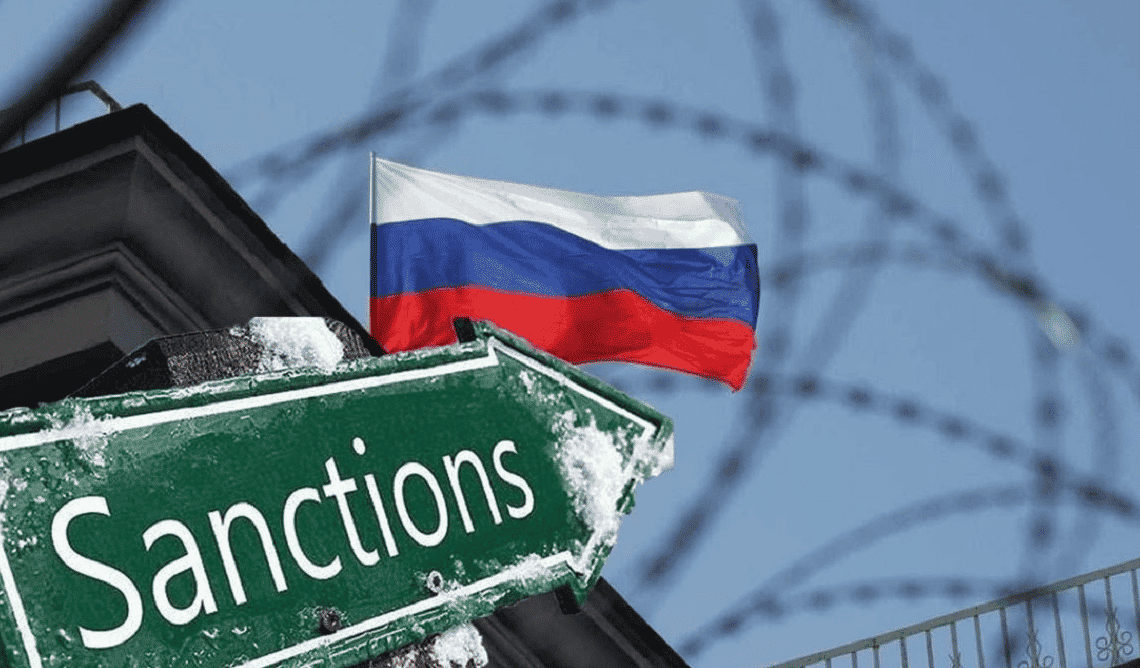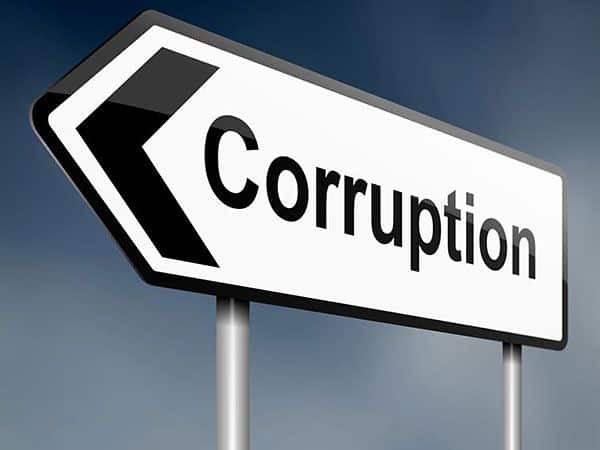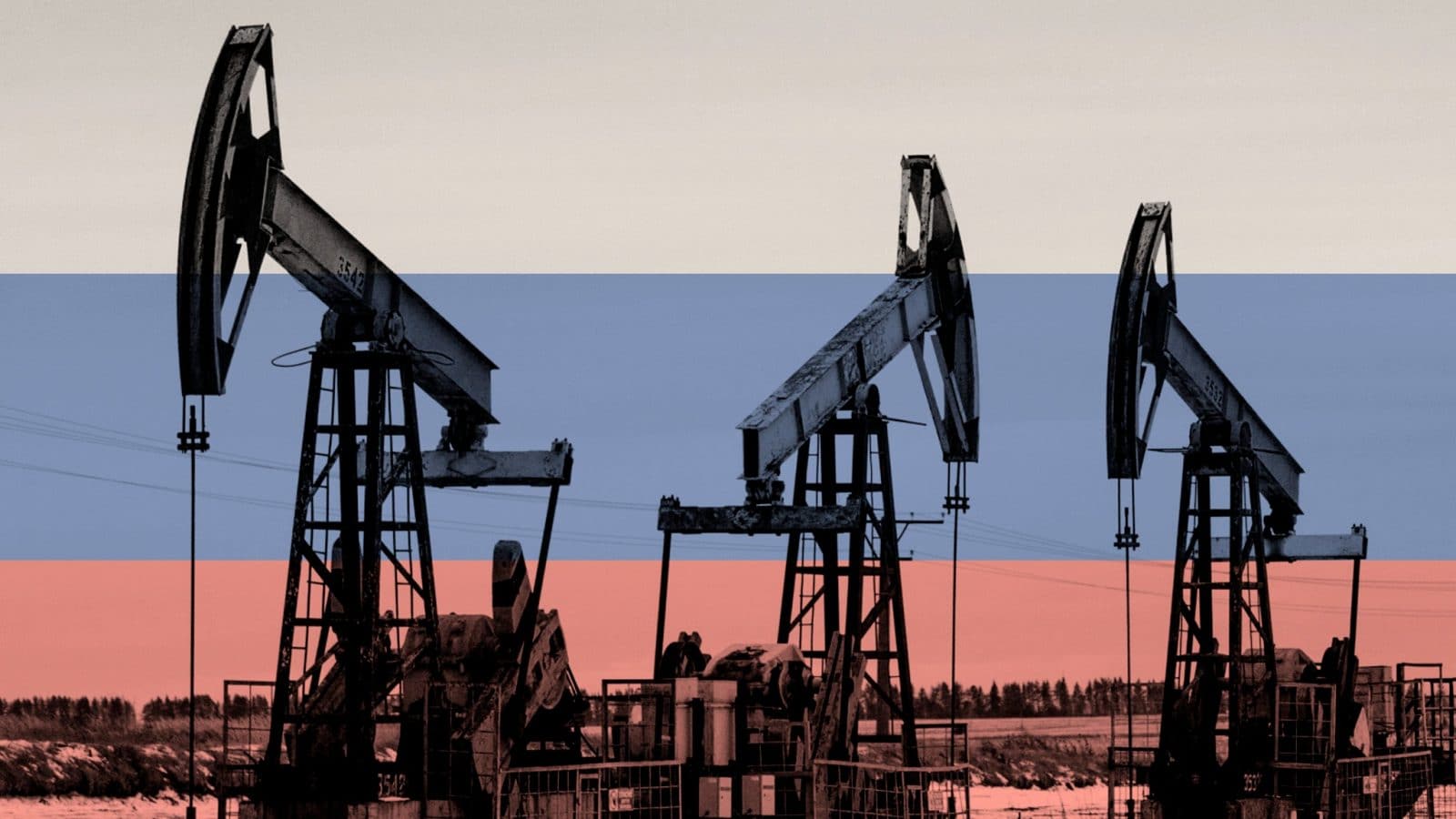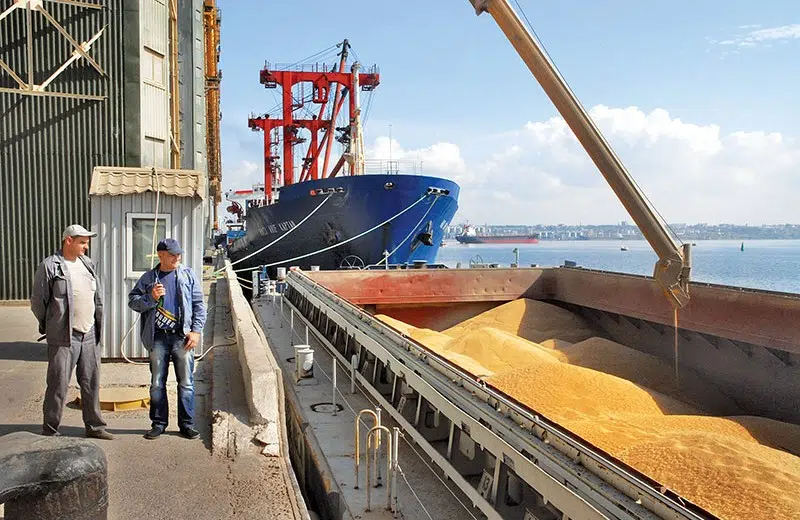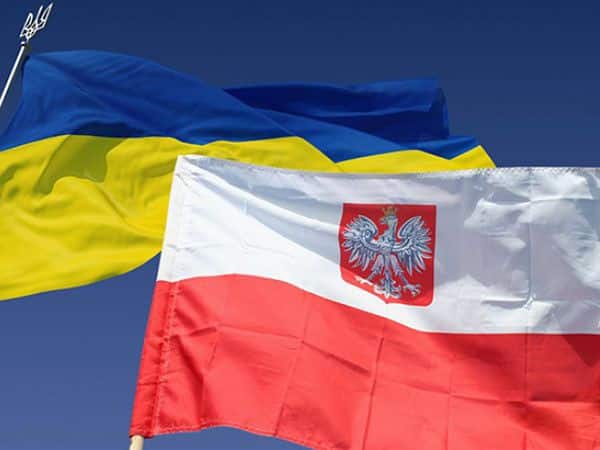Table of Contents
Less than a month ago, Polish President Andrzej Duda announced that the country did not need a new extension of the ban on Ukrainian agro-export, stating that the time until September 15 was more than enough to prepare for the market opening.
Now, Poland’s position has changed dramatically.
On July 19, it became known that five EU countries: Poland, Hungary, Slovakia, Bulgaria, and Romania — jointly requested the EU to extend the ban on Ukrainian grain imports after September 15.
Simultaneously, Polish Prime Minister Mateusz Morawiecki made an extremely tough statement that regardless of the European Commission’s decision, Poland would not open the border with Ukraine for grain products.
“I want to state clearly from the Ministry of Agriculture of the Republic of Poland that we will not open this border. Either the European Commission agrees to develop a regulation that extends this ban, or we will do it ourselves,” asserts Morawiecki.
According to him, Warsaw is taking this step “not against Ukrainians” but “for the sake of Polish farmers.” At the same time, the possibilities for the transit of Ukrainian agricultural products to third countries will be preserved.
Thus, Warsaw is entering into a very tough conflict with the European Commission since such a violation of the principle of the EU single market affects Brussels no less than it does Kyiv.
In such a situation, what should Ukraine do? Which potential allies can support Poland? And will the EU impose severe punishment on the violators?
Let’s try to answer these questions.
Compromises at the expense of Ukraine
First of all, let’s recall the background of this conflict.
Restrictions on Ukrainian wheat, corn, rapeseed, and sunflower seed were introduced by the European Commission on May 2 and extended until September 15 on June 5.
The imposition of these restrictions was a reaction from Brussels to the bans imposed on Ukrainian agro-exports by four EU countries: Poland, Hungary, Slovakia, and Bulgaria. Another country, Romania, did not introduce unilateral measures but supported the appeal to the European Commission to impose a ban on the sale of Ukrainian agricultural products.
This step by the European Commission was largely forced: unilateral actions undermine the monopoly of Euro-institutions in conducting trade policy, but Brussels was not ready to take harsh measures against several EU countries simultaneously.
That’s why the restrictions were imposed through the mechanism of exceptional and temporary safeguard measures. It does not require evidence that the increase in exports causes significant harm to producers from EU countries, and therefore, it can be implemented quite promptly.
The flip side of this mechanism is that exceptional and temporary safeguard measures, by their nature, do not foresee long-term application.
During the limited time, they must either be replaced by traditional protective measures adopted through the procedure of trade investigations or be canceled.
That’s why the European Commission’s decision to extend the ban until September 15 turned out to be even more scandalous than its initial introduction.
To compensate Kyiv, they hinted that this extension would be the last.
President Volodymyr Zelenskyy spoke about the personal assurances of this from the President of the European Commission, Ursula von der Leyen.
Finally, the press release issued on June 26 following the meeting of the EU Council on Agriculture and Fisheries recorded a consensus that “exceptional and temporary safeguard measures regarding the import of a limited quantity of goods from Ukraine were implemented on May 2 and will be lifted by September 15, 2023.”
To the EU countries claiming damage from Ukrainian agro-export, compensation of 100 million euros is proposed for farmers. Polish farmers are set to receive the largest amount (39.33 million euros).
However, the condition for receiving these compensations is that the governments of these countries agree not to extend the restrictions after September 15.
Polish government between two fires
So, why is the Polish government demonstrating a willingness to confront the EU, leaving farmers without multimillion-euro compensations?
The reason is quite simple — parliamentary elections are scheduled for the autumn.
It is believed that pre-election strategies were what initially compelled the Polish government to impose restrictions on Ukrainian agro-export. According to European Pravda (Ukrainian news website), Polish diplomats within the corridors of the European Commission are the most adamant in demanding an extension of the ban, at least until the end of the year.
The current electoral campaign in the ruling party Law and Justice is facing difficulties.
The strategy of sharp increases in social benefits, which led to victory in previous elections, is no longer effective.
As a result, the gap between Law and Justice and the opposition Civic Platform is rapidly narrowing.
In this situation, the voices of Polish farmers — a not very large but active and influential group — could prove decisive. Whether they continue to support Law and Justice party or shift their votes to the opposition (for example, the Polish People’s Party), will determine the preservation of Law and Justice in power for other four years.
That’s why it is extremely important for the Polish government that the restrictions on Ukrainian exports remain in effect at least until the elections (scheduled for October or November) and ideally until the end of the year, to ensure that this factor does not influence the course of potential coalition negotiations.
This logic explains Mateusz Morawiecki’s statement.
What is surprising in his statement is the unprecedented harshness of the Prime Minister’s words. This indicates that the pre-election situation is extremely unfavorable for the current government, and therefore, they need to act firmly. Often, economic consequences of these actions are disregarded as winning the elections takes precedence. It is indicative that President Andrzej Duda, who is not participating in these elections and is completing his second and final term, can afford to distance himself from this conflict.
However, at the same time, this means that his statements on this issue, which were positively perceived in Ukraine, do not reflect the actual position of the ruling party. And often, they even contradict it.
Conflict at the EU level
It is unlikely that Poland would engage in a conflict with the European Commission without the support of other countries.
Let’s recall that currently, all five Eastern European countries are urging the EU to extend the restrictions. But will all of them agree to demonstratively not comply with the decision of the European Commission?
It is highly probable that Romania will not join this conflict. It did not impose unilateral restrictions on Ukrainian exports before, so most likely, it will not do so in September either.
There are grounds to hope that Bulgaria will not engage in a conflict with the EU. Currently, a fully formed (and Ukraine-friendly) government is in place, and there are no impending snap elections in the country.
On the other hand, it is conceivable that Hungary may side with Poland, even though there are no planned elections there. Budapest is interested in strengthening its relations with Warsaw in opposition to EU structures.
Slovakia’s position remains uncertain. Despite the pro-Ukrainian sentiments of President Caputova and her caretaker government, parliamentary elections will take place in the country in September. Opening the market for Ukrainian agricultural products could become bargaining chip for the pro-Russian opposition, increasing the risk that Slovakia may join the dissent.
The outcome of negotiations with the European Commission largely depends on the number and resolute attitude of the countries supporting Poland.
However, Brussels has also raised the stakes, stating that an extension of the restrictions is impossible. Several Western European countries, primarily Germany, are against it as well.
For all of them, creating a precedent of violating the principle of the EU single market is highly undesirable.
Therefore, there are very few opportunities left for a new compromise.
In such a situation, what should Ukraine do?
Likely, supporting the European Commission and defending the position that all trade restrictions should be implemented in accordance with procedures is the most vulnerable position for Poland, as they have not been able to prove the negative impact of Ukrainian agro-export on their farmers.
It’s not an easy task, but Kyiv has powerful arguments in its favor and influential allies.
Originally posted by Yurii Panchenko on European Pravda. Translated and edited by the UaPosition – Ukrainian news and analytics website
See also: Fate of the “grain corridor”: can Russia withdraw from the agreement?

